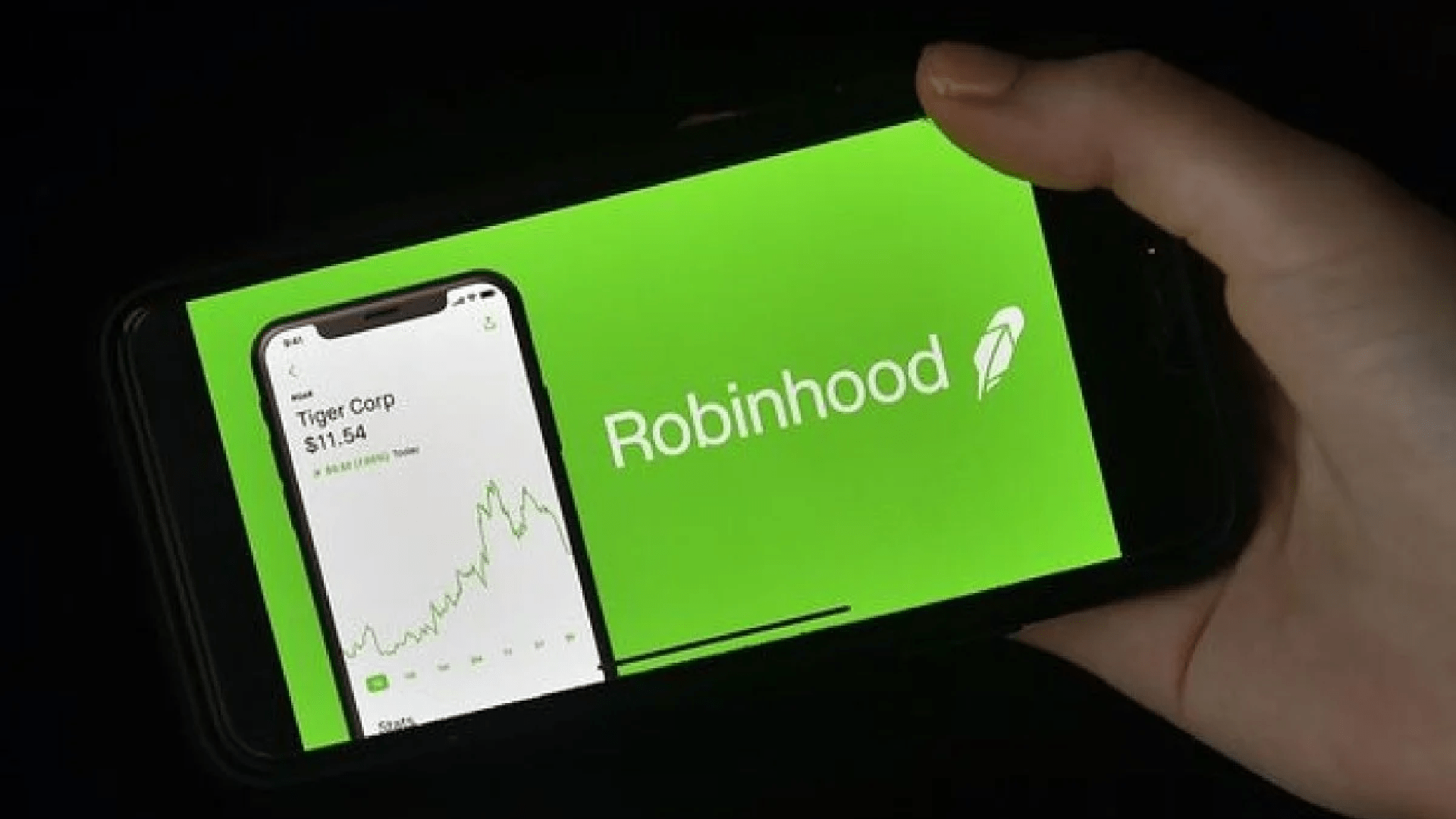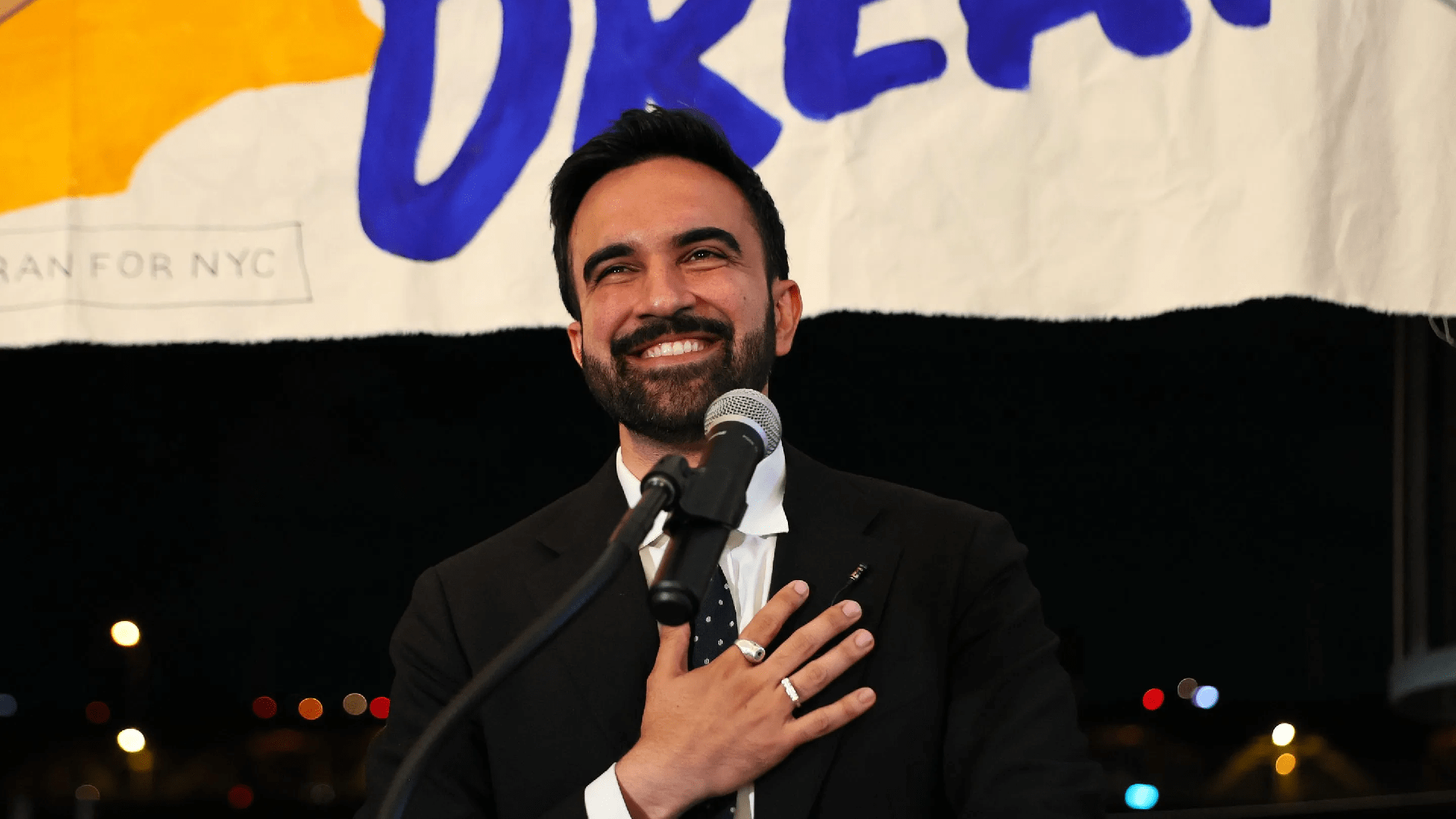Philippines-Based Illegal Online Gaming Operation Leads to 91 Chinese People Being Deported
91 Chinese nationals who were detained and accused of assisting in the operation of an illicit internet casino gambling business are being sent back to the People's Republic of China by the Philippines.
Following the Philippines' ban on offshore gambling last year, the Philippines Immigration Bureau claimed in a press release that it had recently deported 91 "illegal Chinese workers" who had continued to operate in the sector. In July 2024, President Ferdinand "Bongbong" Marcos Jr. ordered the government to revoke licenses for Philippine Offshore Gaming Operators, or POGOs.
According to immigration officials, the 91 Chinese nationals held a number of jobs in an unapproved POGO hub.
'We remain steadfast in enforcing our immigration laws. Those who abuse their stay in the Philippines and engage in unlawful activities will be dealt with accordingly,” said Immigration Commissioner Joel Anthony Viado.
According to the bureau, the deportees were captured following a number of interagency raids that were approved by the Presidential Anti-Organized Crime Commission.
Deportation Right Away
The 91 Chinese immigrants were placed aboard a Philippine Airlines flight headed for China early on September 19, according to the Philippines Immigration Bureau. Through cooperation with the Chinese Embassy in Manila, their deportations were accelerated.
Prior to Marcos Jr. responding to efforts from China and other Asian countries to shut down the Filipino iGaming market, POGOs were a $3 billion industry. POGOs were online gambling platform providers based in the Philippines that catered mostly to players in China and other nations where internet casinos were still outlawed.
Rodrigo Duterte, Marcos Jr.'s predecessor, turned down China's requests to outlaw POGOs. The controversial leader said in 2019 that POGOs offered an excessive tax and economic gain. He is currently dealing with the legal fallout from his drug war and his command to law officers to "shoot first, ask questions later."
"China cannot dictate to us,” declared one of Duterte’s top aides.
Marcos Jr. used a different strategy to improve ties with the world powerhouse and placate China. Numerous former POGO workers are suffering as a result.
Incarceration Most likely
With the promise of better wages and living circumstances, tens of thousands of Chinese were enticed to work in POGOs in the Philippines. Many POGO employees reported slave-like working conditions and lower-than-expected pay, demonstrating that those promises were broken.
Since the sector has closed, many of those Chinese workers have had difficulty finding employment, and many are unable to return home due to legal threats.
When the 91 deported POGO employees return to China, they will be prosecuted. All Chinese are prohibited by the CPC from working in the gaming industry as well as from gambling abroad. Beijing claims that international gaming poses a danger to China's communist financial system and national security.
In 2019, during the height of the industry, POGOs employed an estimated 130K Chinese workers. POGO firms wanted call center employees who could speak Mandarin.
Torture, forced labor, and inhumane circumstances are commonplace in Chinese jails, which are frequently listed as some of the worst in the world by international human rights organizations.











